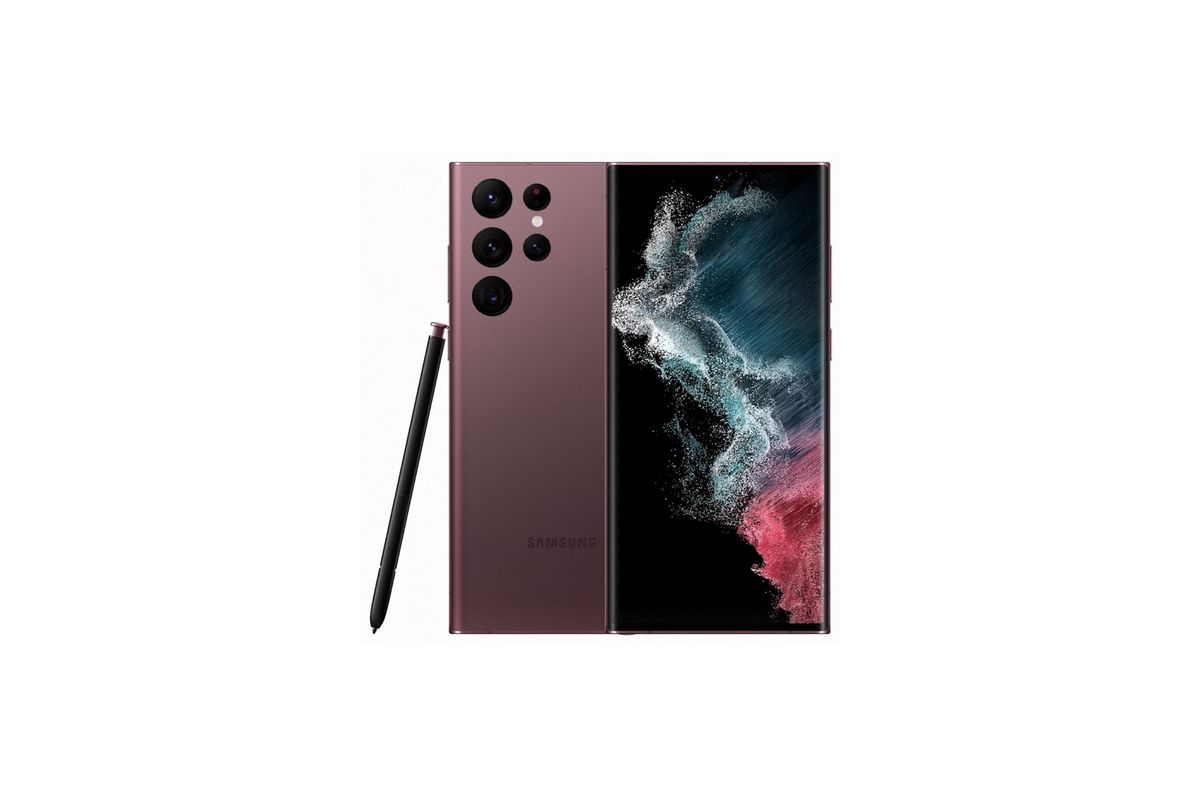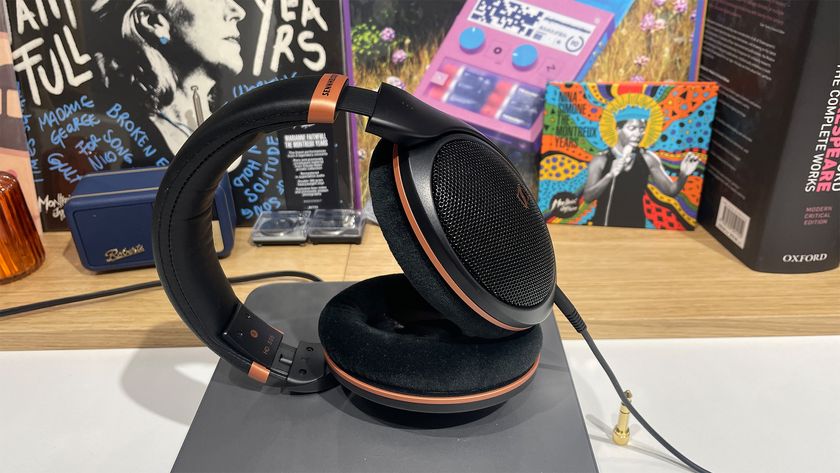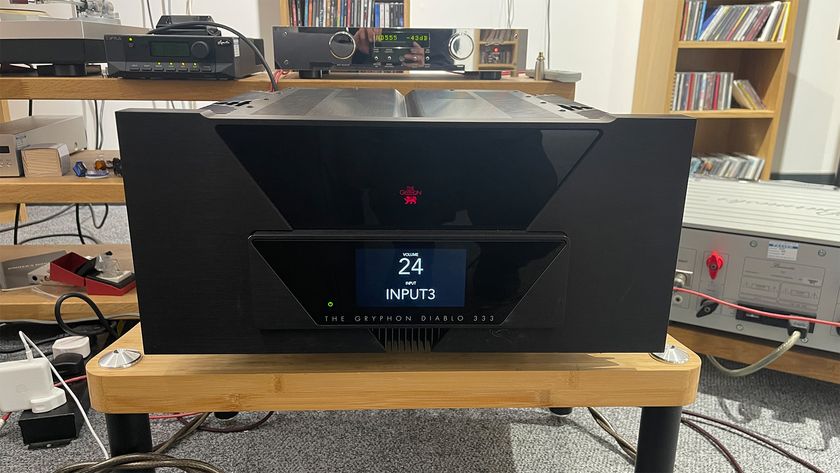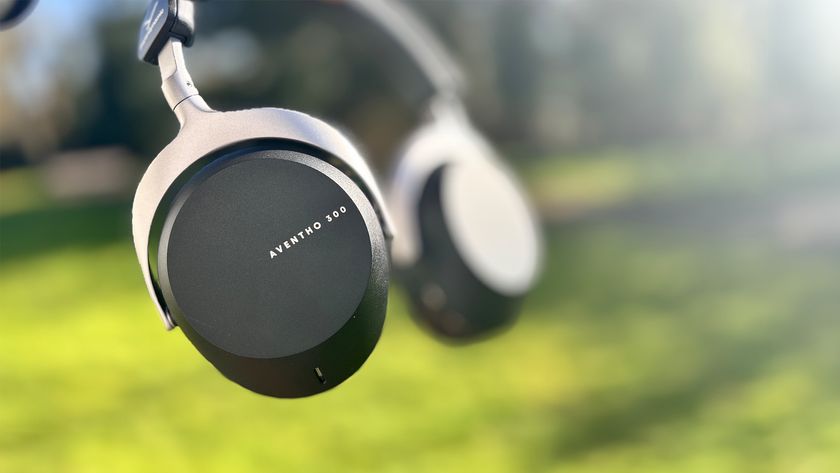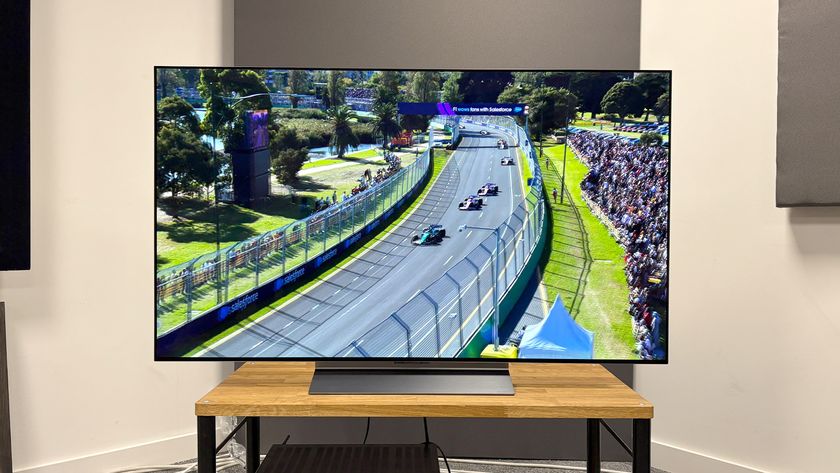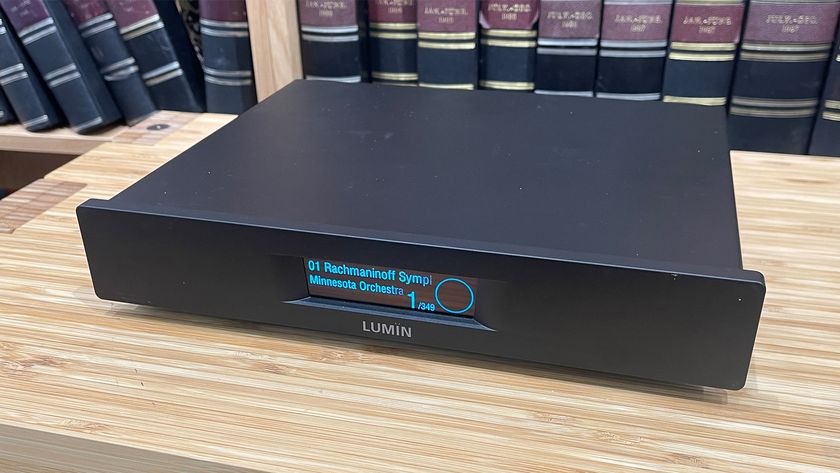What Hi-Fi? Verdict
If you can deal with the average battery life, this is the new flagship Android phone to rule them all – and that’s before taking into account the new S Pen
Pros
- +
Beautifully engaging display
- +
Stunning zoom photography
- +
Meaty sound
Cons
- -
Beatable battery life
- -
Main Sony rival sounds better
Why you can trust What Hi-Fi?
Samsung’s flagship Galaxy S22 Ultra smartphone boasts so many headline-grabbing specs, it’s tough to know which one to lead with.
For example, it is categorically the most powerful Ultra to date thanks to the arrival of a 4nm processor, aka the fastest CPU on a Galaxy device yet, but to Samsung’s avid fan base the fact that it's the first S-series device to feature a built-in S Pen will probably garner more attention, since it effectively merges Samsung’s S line with the now-defunct Note series.
Then there's the "completely different", four-lens camera system that Samsung says delivers the best low-light photography and smoothest video of any phone yet. And that’s before we mention its Corning Gorilla Glass Victus+, on the front and back of the device, which Samsung says makes it 12 per cent stronger than its predecessor.
Of course, we're drawn to the 120Hz AMOLED display, which Samsung says can hit a whopping 1750 nits at peak brightness, as well as the built-in Dolby Atmos speakers.
Could Samsung's Galaxy S22 Ultra finally tempt iOS-lovers into the premium Android realm? And how does it compare to the class-leading Sony Android handset? We’re about to find out.
Price

As a flagship smartphone, it stands to reason that the Galaxy S22 Ultra should come with a premium price tag. That being said, the starting price of £1149 / $1199 / AU$1849 (for the 128GB model) is at least no higher than that of 2021's S21 Ultra.
It does make the Galaxy S22 Ultra more expensive than the Apple iPhone 13 Pro Max, which starts at £1049 / $1099 / AU$1849, but it's cheaper than our favourite phone, the Sony Xperia 1 III (£1199 / $1300 / AU$1699).
Design
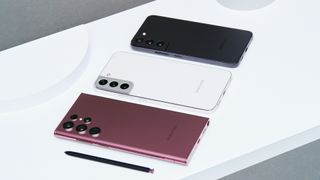
The Galaxy S22 Ultra is 6.8 inches of AMOLED display, measured on the diagonal. It's the same-sized screen that the S21 Ultra had, but the S22 Ultra is a far more angular beast than its older sibling and the near bezel-less screen has the feel of actually slinking around the device. The handset certainly has corners but, thanks to the curved sides, it feels comfortable rather than brick-like when held in portrait mode.
The casework is now made from more durable aluminium plus another exclusive: Corning Gorilla Glass Victus+, on the front and back of the device. Samsung says this makes it 12 per cent stronger than its predecessor and, although our sample is yet to suffer a fall, it certainly feels solid and durable. It's available in Phantom Black, Phantom White and new, sophisticated Green and Burgundy hues, and our black sample feels lustrous and high-end.
In a resolute nod to eco-friendliness and for the first time ever, the phone includes a material derived from fishing nets, but such is the premium feel of the device we would never have guessed. And that's not all: post-consumer materials such as CD cases and water bottles have also been used in small quantities in the phone's components (the inner part of the power and volume keys; the inner speaker module), and all of the S Series packaging has been reduced in volume by 19 per cent since the S21, or 51 per cent compared to the S20.
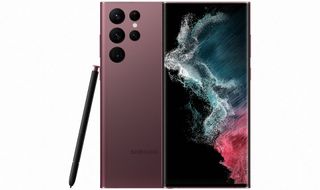
Finishes x4
Dimensions (hwd) 16.3 x 7.8 x 0.9cm
Weight 229g
Waterproof rating IP68
Screen 6.8-inch Dynamic AMOLED 2X curved display
Variable refresh rate 1Hz to 120Hz
Battery 5,000mAh
Rear cameras Primary – 108MP wide, f/1.8, 1/1.33″, OIS, Laser AF; Secondary – 12MP ultra-wide, f/2.2; Tertiary – 10MP telephoto, 3x optical zoom, f/2.4; Quaternary – 10MP, Periscope, 10x optical zoom, f/4.9
Front camera 40MP
The S22 Ultra is fuelled by a battery that can go from 0-50 per cent in under 20 minutes, although it’s important to note that this battery has the same 5000mAh rating as that found in the S21 Ultra and, despite bold claims regarding intelligent power saving via features such as low latency browsing and multi-tasking, we found any increase in battery life from one generation to the next to be negligible. During testing, S22 Ultra lasted for a full day of heavy use, but no more.
The S22 is, says Samsung, up to two times faster than the S21 and it certainly feels snappier, especially when writing with the S Pen.
This little click-top pen pops out when you press the tactile button on the far left of the underside of the unit, but you’d be forgiven for missing it since the casework is still so light and thin. A minor issue with the S Pen is that it can be a little awkward to access if you're right-handed – particularly when the USB-C charging cable is plugged in.
Those well versed in using S Pens in the past will happily note that this iteration still boasts neat features such as the ability to take photos by pressing the side button on the stylus, but it's also a technological step forward: the hardware for the Ultra’s S Pen has been adapted to reduce the latency as you write on the screen, from 9ms to 2.8ms. If that sounds like a massive leap in terms of performance, it really is. Using the S Pen on the S22 Ultra feels almost akin to writing on a non-digital surface.
Features
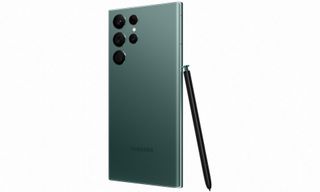
A quick glance at the back of the handset reveals a plethora of new and somewhat protruding lenses that mean the smartphone does rock slightly when placed down on a surface and prodded with a finger or the S Pen. Dust or lint from a pocket does have a habit of collecting around the sharp edges of the lenses too.
The S22 Ultra includes new Adaptive Pixel Tech, allowing the capture of 108MP (Re-mosaic mode) and 12MP (Nona-binning mode) images at the same time to create a more detailed and brighter image. The dual telephoto lenses (both 10MP, one with 3x optical zoom and one with 10x) are also different and promise a crisper zoomed-in image, and the sensor is now re-engineered for optimal performance in low-lighting.
Samsung has easily trounced the competition in terms of the S22 Ultra’s zoom capabilities. On zoom skills alone, Samsung has achieved new levels of crispness and three-dimensional clarity of objects. But the camera system overall is also the most feature packed on a smartphone device yet; perks such as single take (to use a group of different lenses simultaneously), director’s mode, object eraser, remaster and pro mode elevate the photography performance to degrees other smartphones can only dream of.
The Ultra now has a 108MP sensor with pixels that are 1.23 times brighter than those of the S21 Ultra. This bigger, higher-resolution sensor, combined with Samsung's Multi-Frame Processing tech, blends multi-exposure frames for levelled-up night photography that actually processes four times more data to sharpen your images.
When pitted against the S21 Ultra, taking a snap zoomed in at 23x on each, the S22 reveals an image that pops with greater crispness, breadth and depth of colour, even in natural light. Against the iPhone 13 Pro Max, at 3x zoom, it’s a closer battle, but the clarity of the Ultra’s shot, especially when zooming in, is unparalleled and for us, the colour saturation is more natural and benefits from a slightly wider colour palette.
Picture
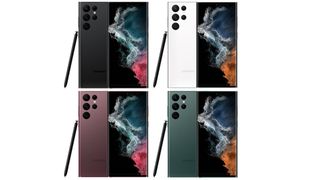
The near bezel-free screen of the S22 Ultra is a joy to behold when watching TV or video content. We stream Jacob and Katie Schwarz’s Costa Rican Wildlife in 4K on YouTube and find the picture quality impossible to beat at this point in time. Compare it to the Award-winning Sony Xperia 1 III, and the screen on the Sony phone feels slightly blue-ish in terms of colour representation, although it is similarly crisp during action scenes. Ripples of water pop with marginally greater clarity, depth and movement on the S22 Ultra in a very natural colour palette, although for crisp edges and snappy processing it is a closely run race.
You might expect the curvature of the Ultra’s screen to be distracting and reflect light at the top edge as you tilt it towards you, but this isn’t the case – and the 19.3:9 aspect ratio means Costa Rican Wildlife naturally fills the screen, whereas the Sony's 21:9 ratio means choosing between cropping parts of the picture or having black bars. Of course, with more cinematically presented movies or TV shows that are presented in a wider aspect ratio, the situation is reversed.
Watch The Tourist, downloaded from BBC iPlayer, and the 120Hz refresh rate (which can scale down to 1Hz for minimal blurring using an AI software algorithm) allows the Australian outback to glide past smoothly and virtually devoid of jitter on the Samsung smartphone, which continues to present one of the most immersive and engaging displays we’ve seen to date on a flagship handset.
Sound
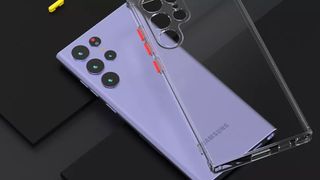
Where the Sony Xperia 1 III includes a 3.5mm headphone jack, the Samsung S22 Ultra has only a USB-C port so, as with the iPhone 13 Pro Max (which features Apple’s proprietary Lightning port), you need to use a dongle in order to connect a pair of wired headphones.
We test the audio chops of all three smartphones by streaming 1 by the Beatles in Spatial Audio via Apple Music and find the Sony device edges it for musical cohesion, clarity and timing across the frequencies. That’s not to say the performance is poor from the S22 Ultra – it just doesn’t hang together quite as well and our music suffers just a little in terms of impetus, drive and energy as a result.
When streaming REM’s Crush With Eyeliner on Tidal, our minor issues with musical strands feeling a little loose rather than regimented (or at least as firmly held in check as the band intended) persists, but it’s still an engaging and spacious performance overall.
When listening without headphones, the Samsung S22 Ultra’s dual-firing speakers (which boast support for Dolby Atmos) offer a meatier and more spacious soundstage than the competition, however. There’s no dynamic haptic vibration option as found in Sony’s Xperia 1 III, but we don’t miss it. Overall, the Samsung S22 Ultra offers a louder sound from the onboard speaker set-up that, while probably expected owing to the screen size, is impressive.
Verdict
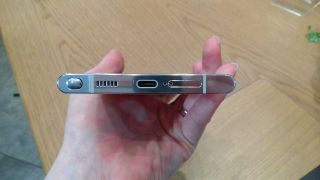
The Samsung S22 Ultra’s superior user experience is now aided by slick and helpful S Pen support which, when added to its especially vibrant, immersive display, solid sound and remarkable photography features presents the most compelling case yet for abandoning the Apple cart – and although we hope that Samsung is fiercely working away behind the scenes to glean a little more stamina out of the battery pack (or feature a completely new one next time around), for overall performance, the Android realm certainly has a new frontrunner.
SCORES
- Screen 5
- Sound 4
- Features 5
MORE:
Read our review of the iPhone 13 Pro Max
Also consider the Sony Xperia 1 III
Or the previous model, the Samsung Galaxy S21 Ultra
These are the best smartphones for music and movies
What Hi-Fi?, founded in 1976, is the world's leading independent guide to buying and owning hi-fi and home entertainment products. Our comprehensive tests help you buy the very best for your money, with our advice sections giving you step-by-step information on how to get even more from your music and movies. Everything is tested by our dedicated team of in-house reviewers in our custom-built test rooms in London, Reading and Bath. Our coveted five-star rating and Awards are recognised all over the world as the ultimate seal of approval, so you can buy with absolute confidence.
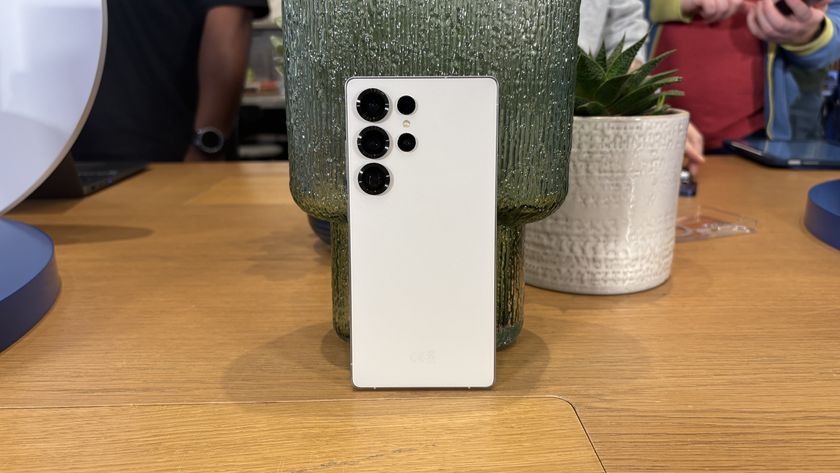
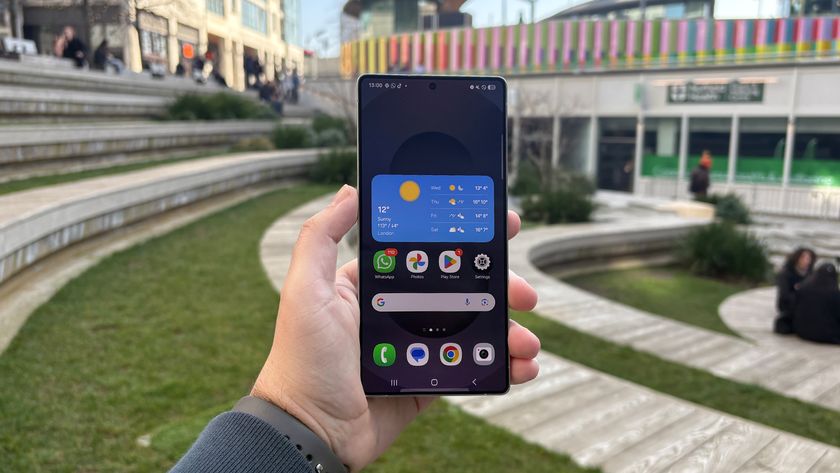
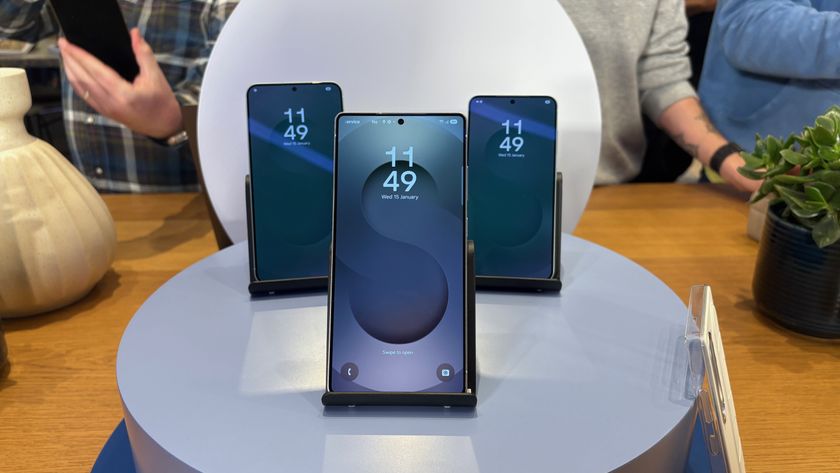

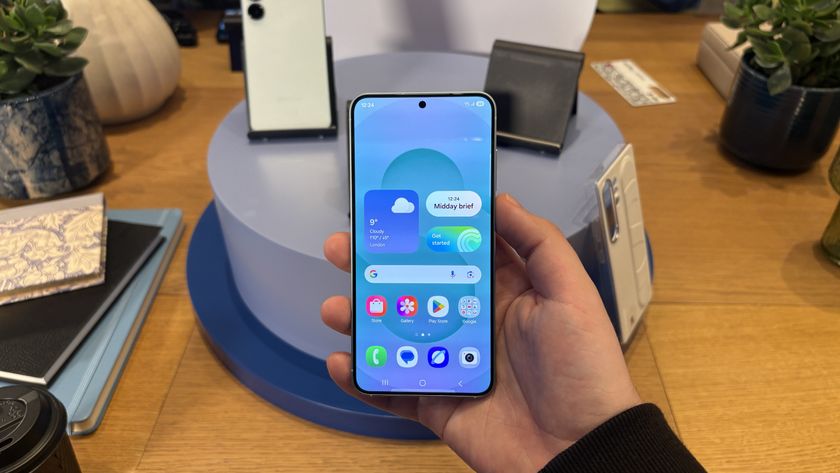
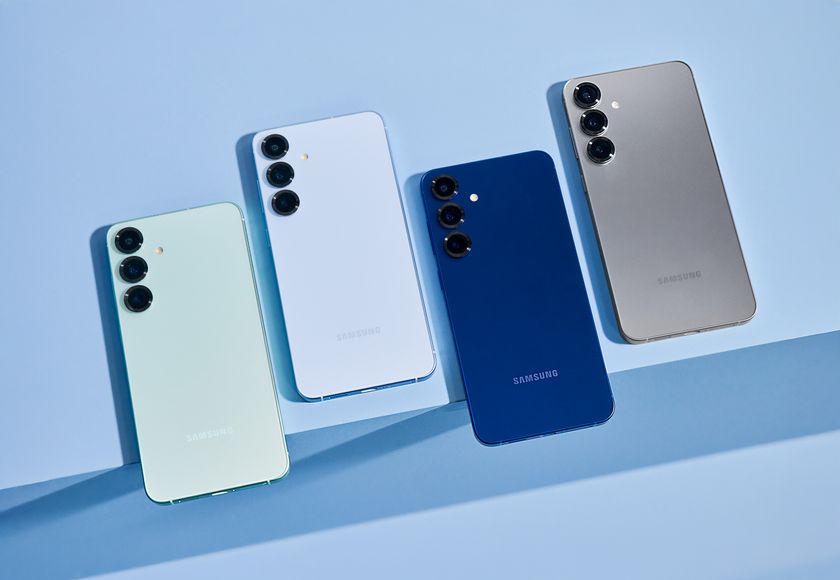
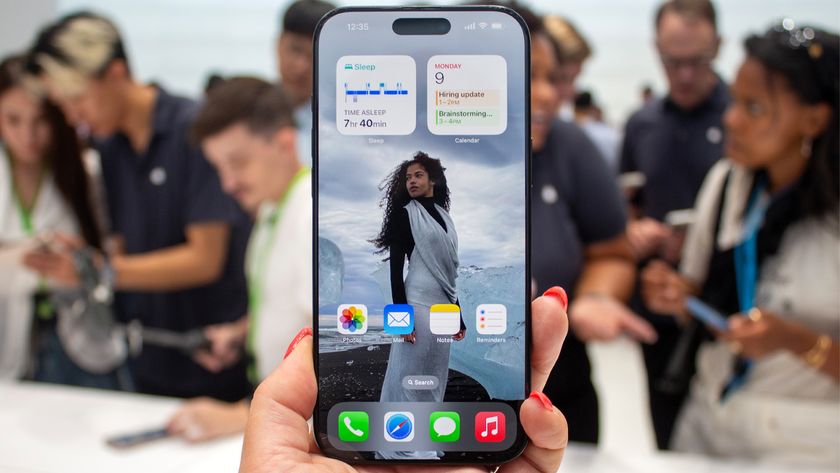
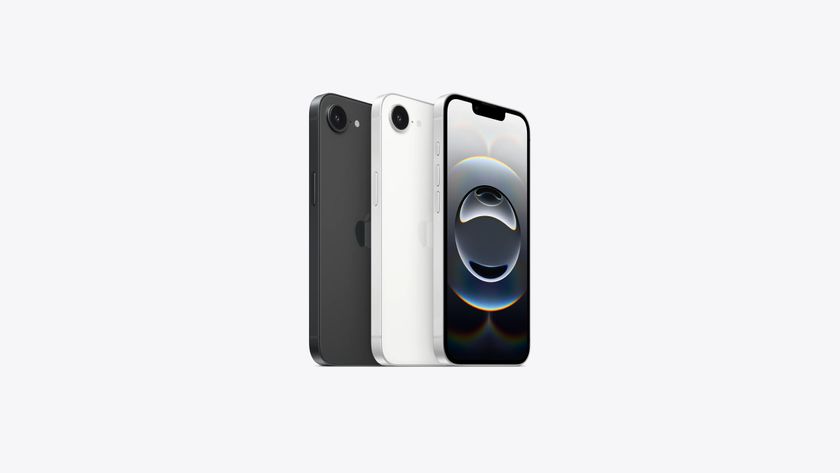
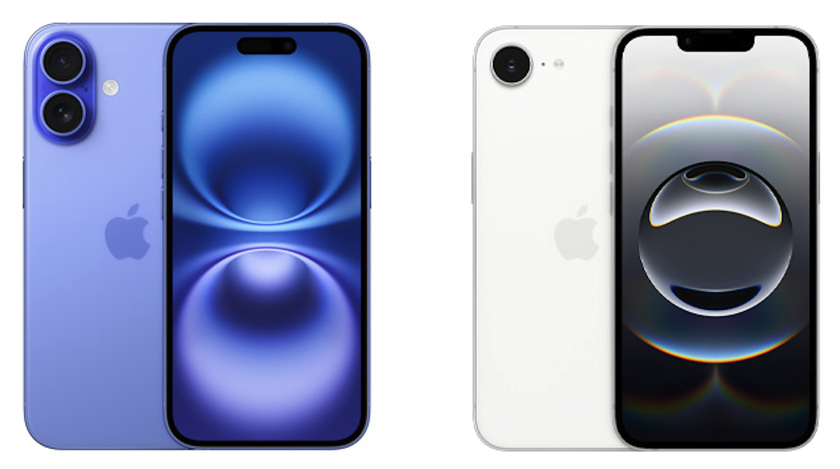
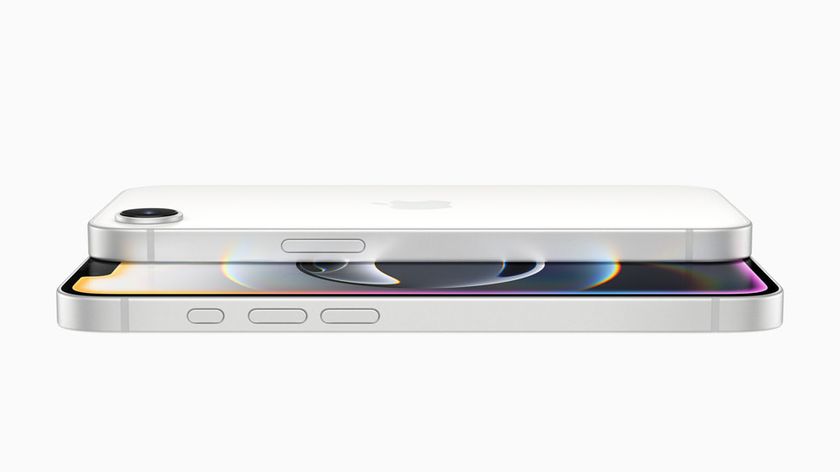

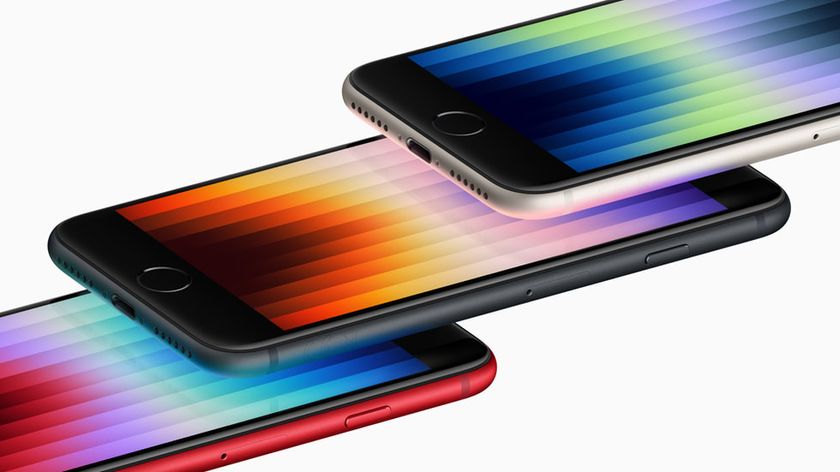
-
Reply
Spam reported.Lucasfreeman said:How do you feel about investing online? If you are not sure of your answer, then let me show you why you can invest with us @ marketplus247 . Com.
* We at Marketplus offer no personal relationship with our clients
* You have more options to monitoring your investment in real time.
* Our system is more controlled and flexible
* Fast and easy to invest
* You will have access to online tools thereby providing valuable information which help to optimize access.
You can start now to invest in the right trading platform by visiting our website now @ Marketplus247 . C o m . INVEST AND GAIN.
